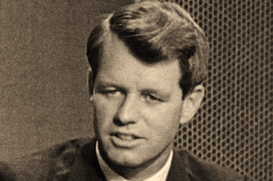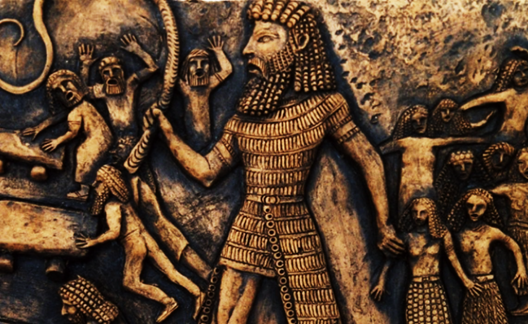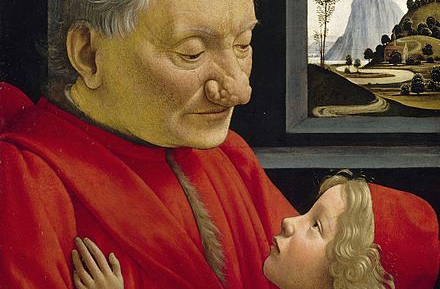A Mentor of Mine
This is a sequel to my article about Casablanca. The story of T.E. Lawrence is a true story. However, one of the significant parallels between Casablanca and Lawrence of Arabia is the dislike of the invading armies. The Turks and the Nazis were persona non grata in both films.
Lawrence enlisted in the British Army in 1914 and was stationed in Cairo. However, the Germans and the Ottoman Turks were allies. The Brits wanted to get the local Arab tribes to join together to fight against the Turks. Lawrence was tasked with the best sons of Hussein bin Ali, King of Hejaz, a province of Saudi Arabia. Lawrence viewed Sherif Feisal as the best choice, and he became Lawrence’s military advisor.

Feisal and Lawrence with a mix of British and Arab dress
Feisal and Lawrence were military tacticians who took Aqaba. The Turks were not expecting an attack from the desert because few would transverse that hot and arduous route to the coast. They seized Aqaba on July 6, 1917.
Lawrence meets Gen. Allenby in Cairo after the battle. Interestingly, he takes a young Arab orderly to the British Officer’s Club, where Lawrence orders them two glasses of lemonade with ice.
You can see his contempt for the British mindset by not wearing his military uniform and ordering a lemonade for his orderly and himself. Essentially, Lawrence deals directly with racism. It would be like Atticus Finch taking his black defendant in To Kill a Mocking Bird to a meal at the lunch counter at the Woolworth’s in Greensboro, North Carolina.
Feisal’s Arab army and Lawrence stopped the Turks from seizing land, cutting lines of communication and the railway that led to Palestine. With those tactics, Allenby captured Damascus in early October 1918.

This is Lawrence at the Victoria Hotel in Damascus on October 3, 1918.
Lawrence resigned from the British army while in Damascus. He had longstanding issues with the British, especially with the Balfour Declaration. He saw the Arabs as more trustworthy than the British and said, “I will have such difficulty in becoming English again.”
Lawrence went to London wanting to have he and Feisal represent the Arab cause at the Paris Peace Conference. However, the British and French leaders secretly signed the Sykes-Picot agreement in 1916, which decided the Middle East between the British and French governments to control. The Arabs weren’t even at the bargaining table.
Lawrence died a decade before I was born. I have lived nearly twice as long as he. He has mentored me on my longer journey down the yellow brick road of life. He wrote, “All men dream; but not equally. Those who dream by night in the dusty recesses of their minds awake to find that it was vanity; But the dreamers of day are dangerous men. That they may act their dreams with open eyes to make it possible.” Interestingly, Bobby Kennedy also wrote about dreaming, “Some men see things as they are and say, why; I dream things that never were and say, why not.”
Lawrence also wrote, “Misery, anger, indignation, discomfort—those conditions produce literature. Contentment—never.” Lawrence is correct: no pain, no gain.

















